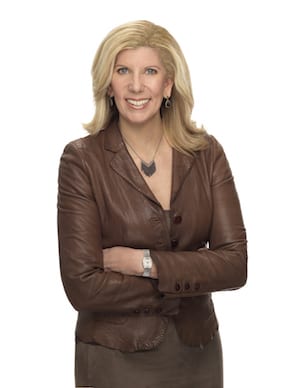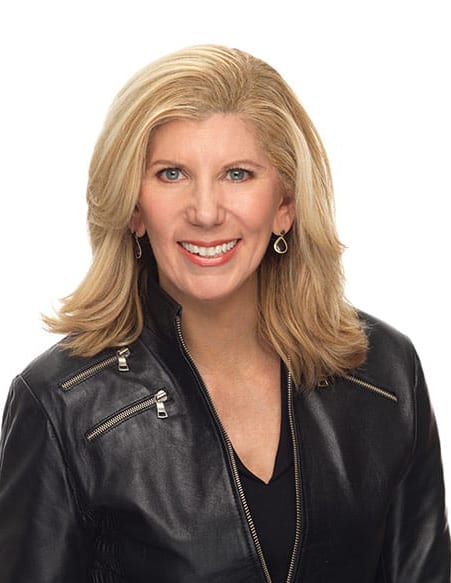
I recently had the pleasure of sharing my perspectives on leadership with Ken Jacobs at the PRSA for a column in its Tactics magazine. Topics ranged from my observations in Davos while at the World Economic Forum, to what it’s like to be the first woman to lead a top-five global communications agency. Above all else, it was a candid conversation about what it means to be a leader, my leadership successes and teachable moments, and how others have inspired my thinking throughout my career journey. Here are a few of the highlights from our conversation…
You’re the first woman to lead a top-five global communications agency. What took the profession so long?
Given that our industry is 70 percent women, we are behind in naming leaders to the top agencies. Although it has taken time for agencies to build succession plans that include women, there are many women who are now in queue in that next tier, and I’m confident that we’ll soon see more women in top roles.
To keep us moving in the right direction, it’s going to take men and women being open-minded about diverse succession plans, as there’s still a lot of unconscious bias in the system where people choose those who look and act like them.
What’s your approach to inspiring the professionals you lead?
Respect your people, empower your people, trust your people, and always, always have their back. My approach is to create a vision and then give others the freedom to bring their own approach and style to delivering on that vision. I often talk about bringing your whole self to the role. I see my job as bringing out the best in people who work for me, not having them conform to my way of doing things.
What was your biggest leadership failure, and how did you overcome it?
I’ve been allowed to try a lot of different things at Ketchum, and not all of them have been as successful as others. I helped launch what is now Ketchum Sports & Entertainment which became a huge success, but when I tried to apply the same model to create a travel group and a multicultural marketing group, both as stand-alone businesses, there simply wasn’t enough demand.
When a good idea fails, look at it objectively — what’s working, what’s not working. Do you have the wrong leaders? Do you need to roll it back? If it’s fixable, fix it; if it’s not, move on.
You attended the World Economic Forum in Davos this year. What stuck with you?
What resonated most was the warp-speed evolution in technology and resulting need for re-skilling in our industry. We need to think about our workforce for the future and the skills that will be needed as well as how to attract different kinds of people to this discipline. There are roles today that didn’t exist a few years ago. What are the next roles going to be? Does our current leadership organization meet the needs of our clients? What kind of technological infrastructure should we be using?
As leaders, we need to understand the global environment we’re operating in. What does the focus on equality and sexual harassment mean for us — not only in terms of counseling clients but also in being leaders in this environment?
CEOs are being asked to take more of a stance around societal issues. People increasingly demand them to be authentic and to be a voice for what they believe in, and it’s fundamentally shifting the expectations for leaders today.
How have kindness and patience informed your leadership approach?
My father was from Brooklyn and my mother was from Atlanta; that combination has served me well. I was raised to have Southern etiquette and I think I come across as nice, but I can pull out the New York toughness when needed.
Our former chairman and CEO Ray Kotcher gave me the ultimate compliment. He said I throw a punch with a velvet glove. What that said to me is: Yes, I can be tough, but I do it in a way that leaves people feeling respected and valued. I feel like if I give to others in a nice way, I’m going to get it back in kind, and that’s how I’ve always lived my life.



